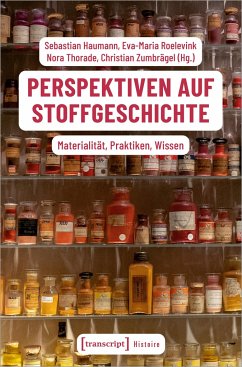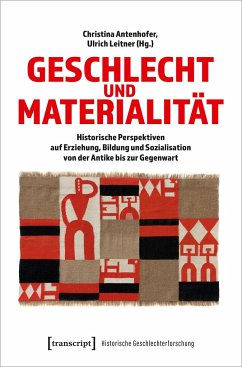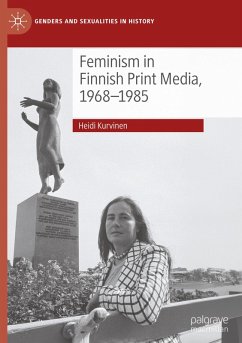Nicht lieferbar

Between Manuscript and Print
Transcultural Perspectives, ca. 1400-1800
Herausgegeben: Brockstieger, Sylvia; Schweitzer-Martin, Paul;Mitarbeit: Hirt, Rebecca; Leca, Radu; Sugerman, Samuel
Versandkostenfrei!
Nicht lieferbar
A cross-cultural, comparative view on the transition from a predominant 'culture of handwriting' to a predominant 'culture of print' in the late medieval and early modern periods is provided here, combining research on Christian and Jewish European book culture with findings on East Asian manuscript and print culture. This approach highlights interactions and interdependencies instead of retracing a linear process from the manuscript book to its printed successor.While each chapter is written as a disciplinary study focused on one specific case from the respective field, the volume as a whole ...
A cross-cultural, comparative view on the transition from a predominant 'culture of handwriting' to a predominant 'culture of print' in the late medieval and early modern periods is provided here, combining research on Christian and Jewish European book culture with findings on East Asian manuscript and print culture. This approach highlights interactions and interdependencies instead of retracing a linear process from the manuscript book to its printed successor.
While each chapter is written as a disciplinary study focused on one specific case from the respective field, the volume as a whole allows for transcultural perspectives. It thereby not only focusses on change, but also on simultaneities of manuscript and printing practices as well as on shifts in the perception of media, writing surfaces, and materials: Which values did writers, printers, and readers attribute to the handwritten and printed materials? For which types of texts was handwriting preferred or perceived as suitable? How and under which circumstances could handwritten and printed texts coexist, even within the same document, and which epistemic dynamics emerged from such textual assemblages?
While each chapter is written as a disciplinary study focused on one specific case from the respective field, the volume as a whole allows for transcultural perspectives. It thereby not only focusses on change, but also on simultaneities of manuscript and printing practices as well as on shifts in the perception of media, writing surfaces, and materials: Which values did writers, printers, and readers attribute to the handwritten and printed materials? For which types of texts was handwriting preferred or perceived as suitable? How and under which circumstances could handwritten and printed texts coexist, even within the same document, and which epistemic dynamics emerged from such textual assemblages?











